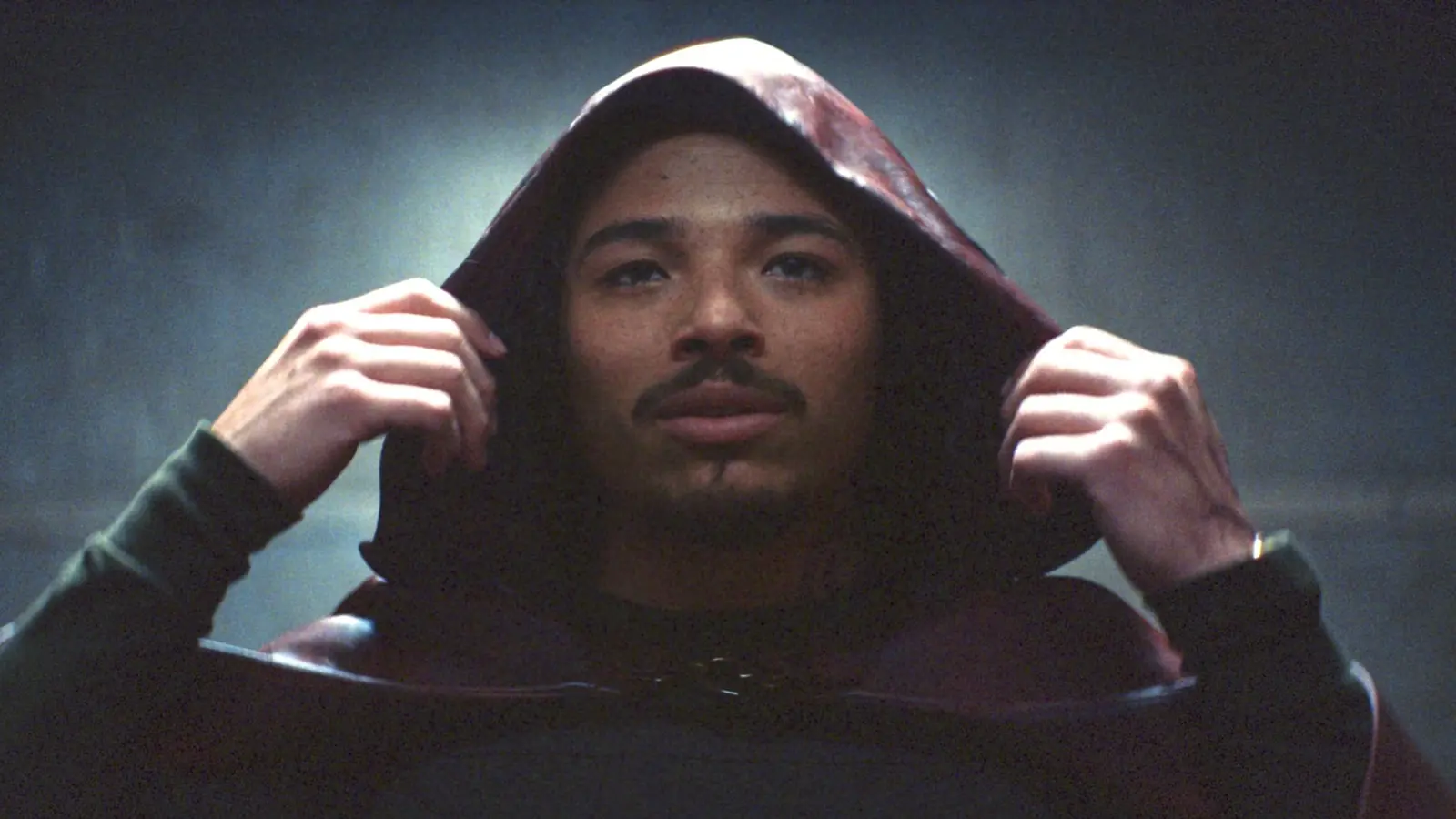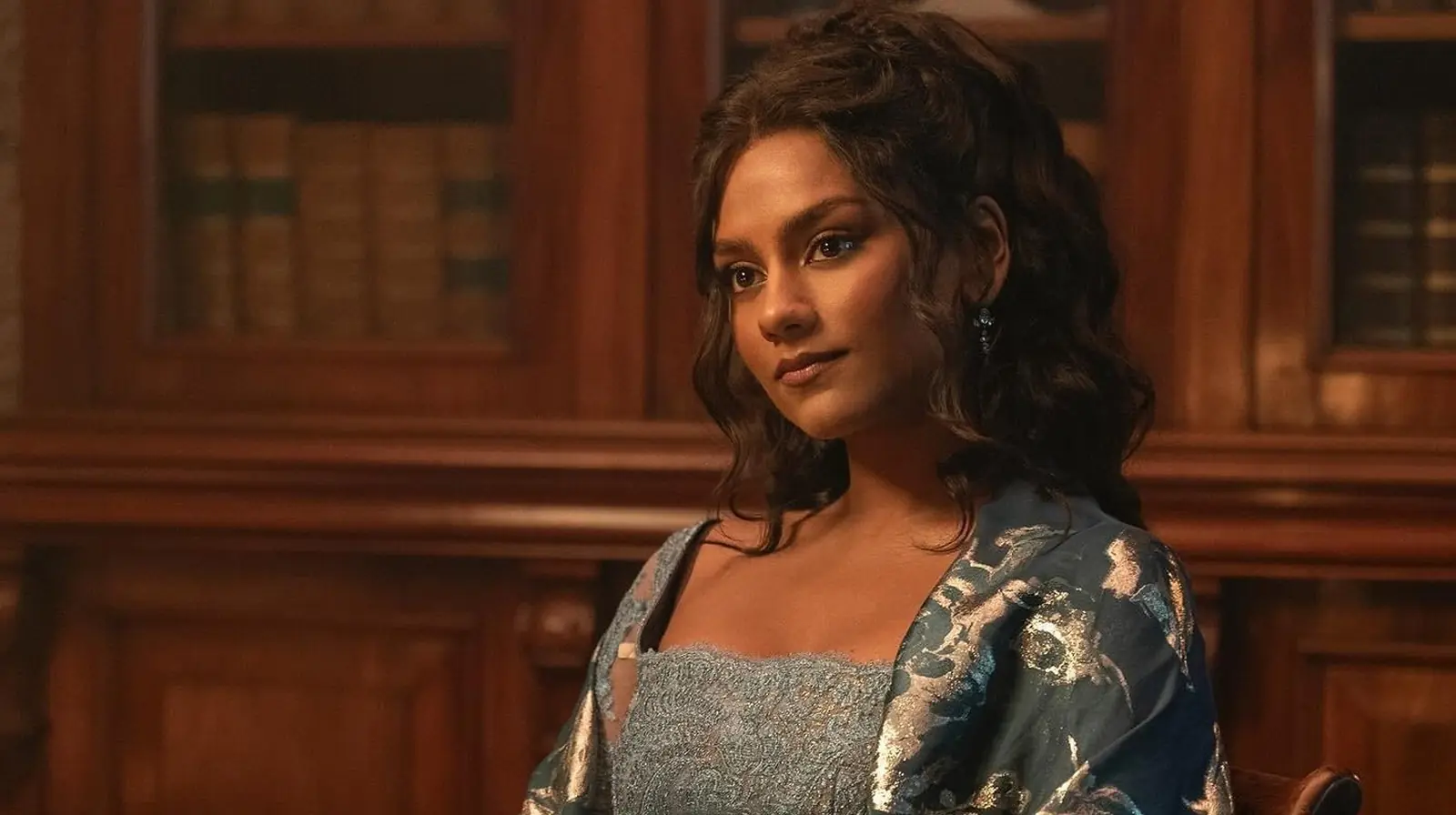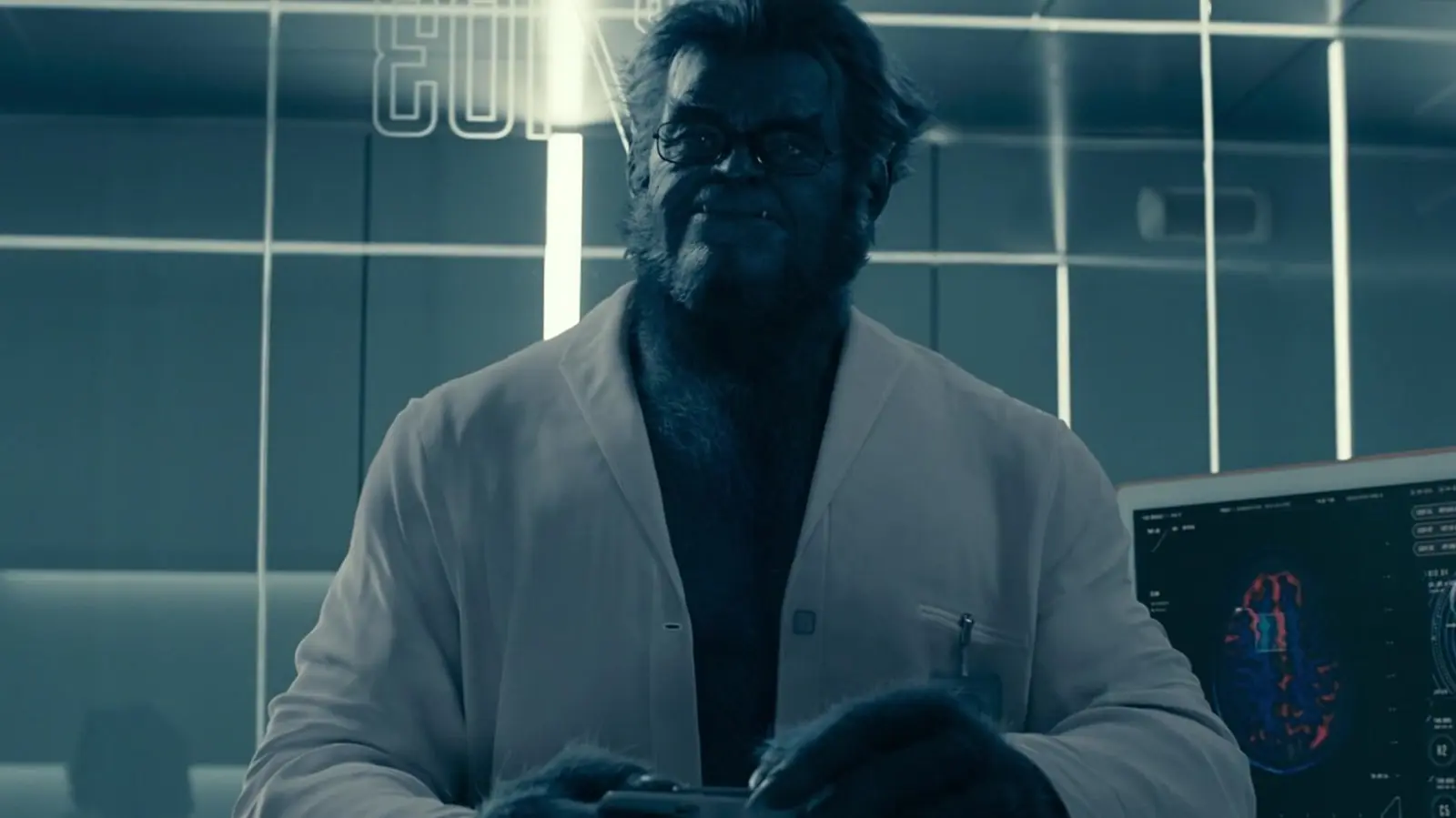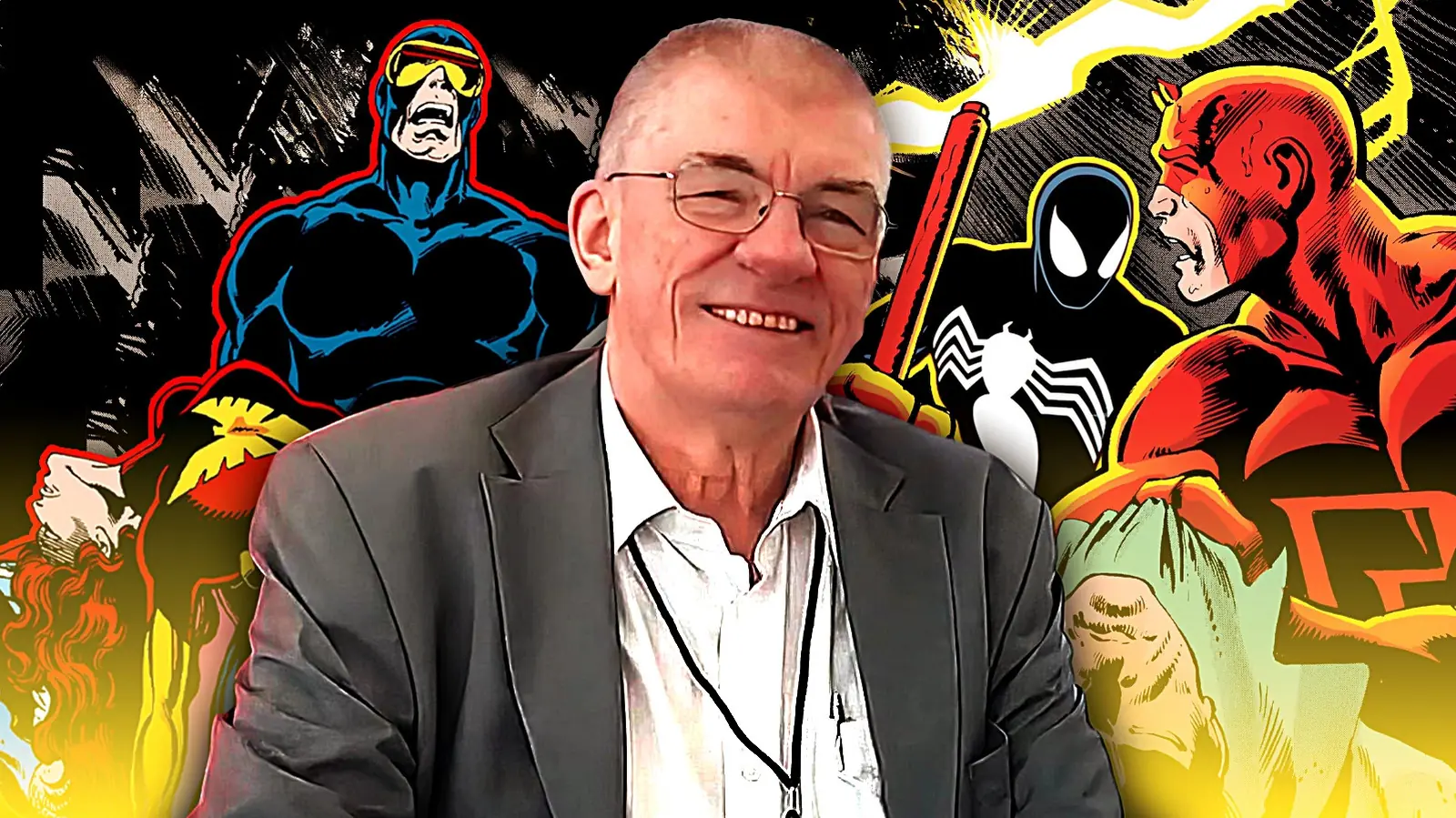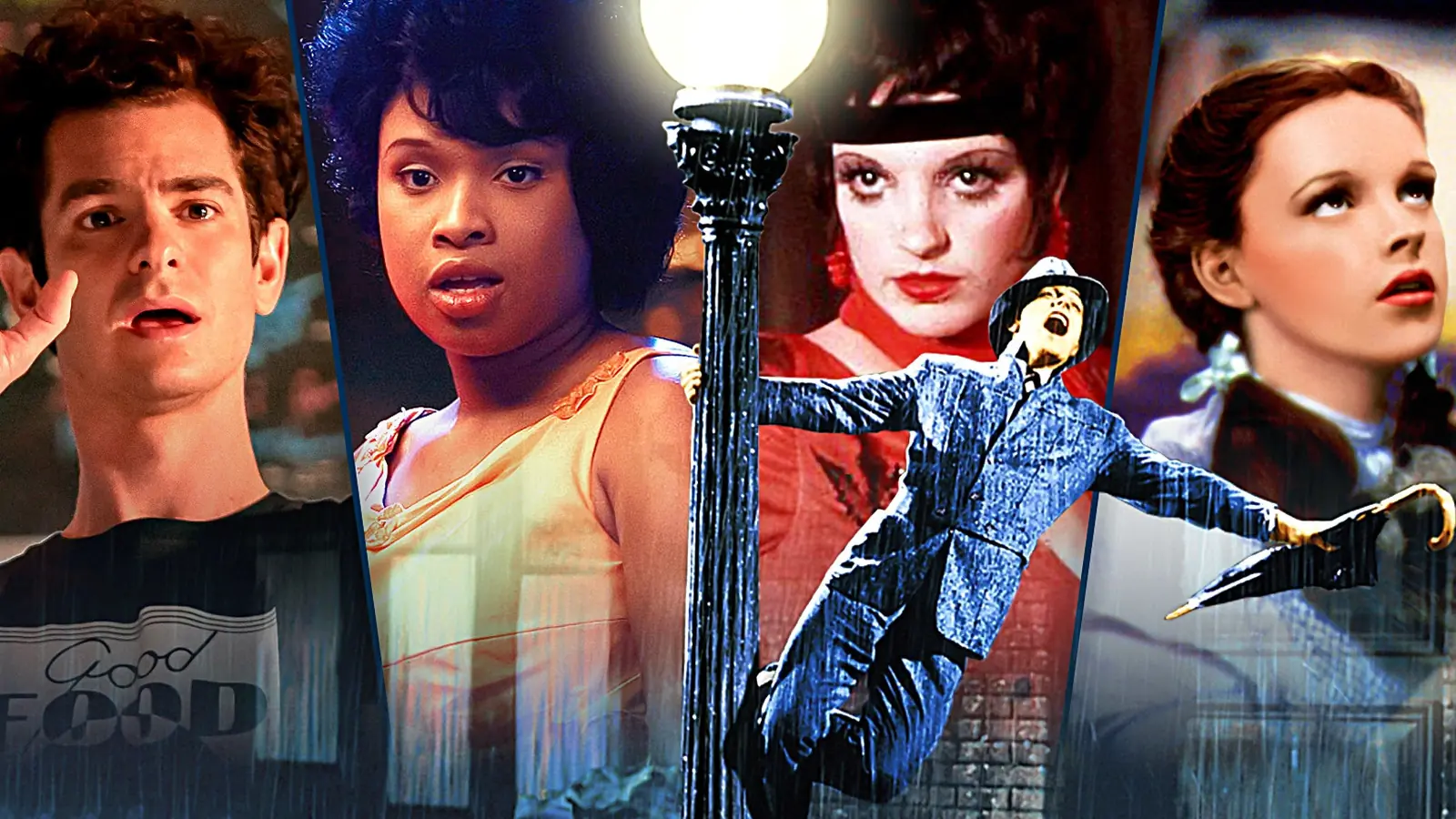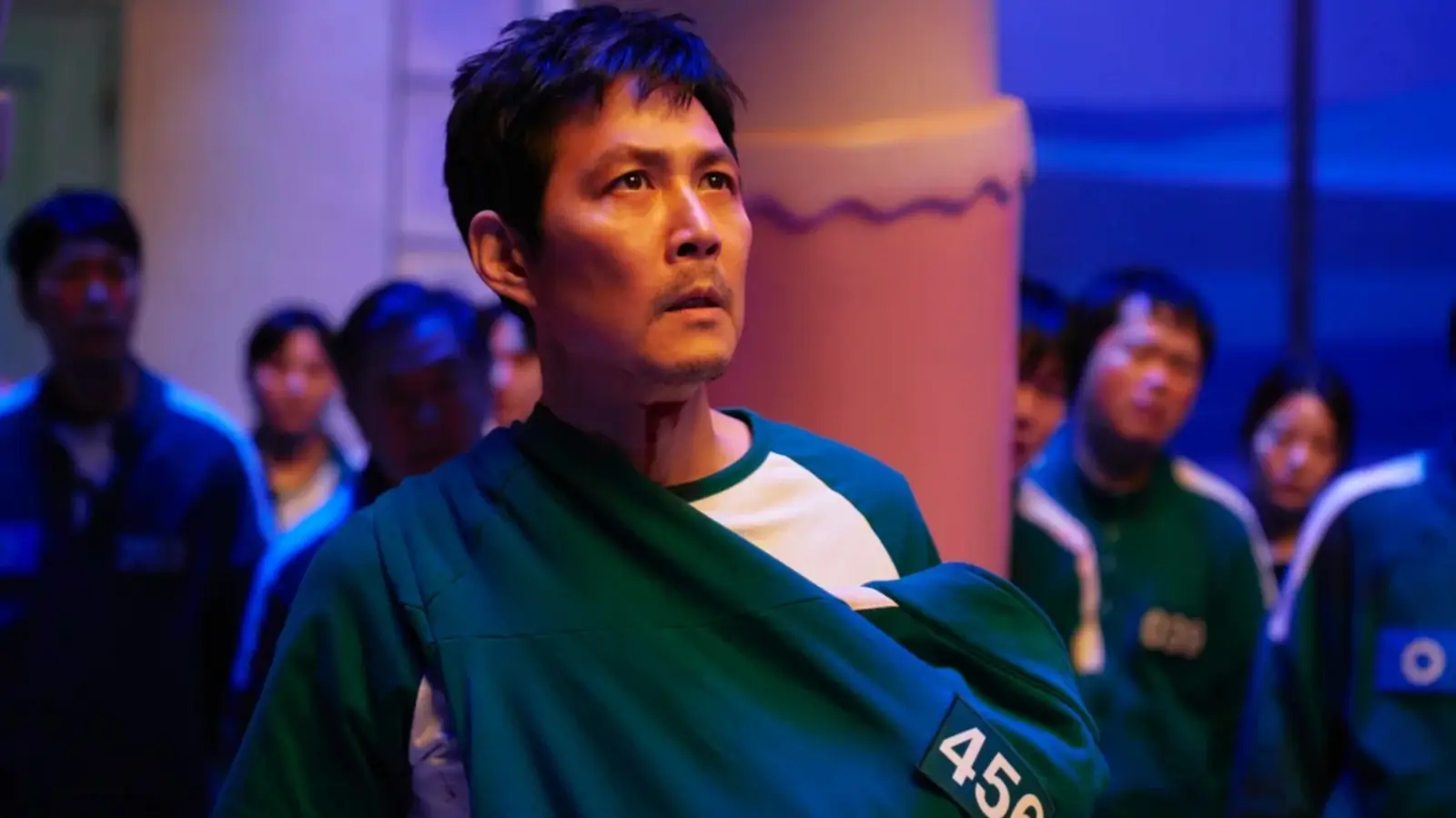Marvel Studios continues to weave a complex and exciting tapestry with their latest offering, “Ironheart.” This series, which delves into the story of Riri Williams—a brilliant young inventor with a heart forged in iron—serves more than just as a platform for a fresh face in the Marvel Cinematic Universe (MCU). It lays essential groundwork for a much-anticipated narrative: Avengers: Doomsday, and potentially, the return of Robert Downey Jr. in a new yet familiar guise, Doctor Doom.
Riri Williams, portrayed with vibrant energy and determination, emerges from the shadow of previously dominant figures like Tony Stark. Her academic and technological prowess does not just reflect an impressive feat of youthful genius; it signifies the ongoing evolution of legacy and innovation within the MCU. It taps into the audience’s longing for intellectual marvels and personal battles, much like those waged by Stark himself.
Throughout the series, viewers are given subtle hints and direct nods to possible future conflicts that may engage the Avengers. A critical theme is the race for technological supremacy, which draws a parallel to the often catastrophic competition between heroes and villains in the Marvel Universe. Ironheart’s narrative arc introduces formidable new technologies and concepts that seem destined for an integral role in Avengers: Doomsday.
One particular aspect that captivates the audience is the crafted tension surrounding the potential reimagining of Doctor Doom—a character historically pivotal to countless Marvel storylines. The buzz around casting Robert Downey Jr. in such an iconic role is not without reason. It proposes a duality not unlike Stark himself, bringing a nuanced rendition that could redefine Doom for the MCU’s latest phase.
This is no simple character return; it echoes a deep and resounding narrative choice. Doom, as a countermove to Tony Stark/Iron Man’s legacy, stands as an embodiment of unparalleled intellect harnessed for domination and control. His introduction would no doubt ignite a far-reaching series of events affecting the broader cinematic universe.
The crafting of Ironheart’s character and story centers robustly around themes of legacy—both technological and personal—setting a stage for broader purposes within the MCU. The show’s emphasis on ingenuity and the moral quandaries inherent to technological advancement fits snugly into the anticipated themes of upcoming Marvel projects.
Avengers: Doomsday is poised to stand as a monumental title in Marvel’s cinematic landscape. By situating Ironheart in this context, Marvel Studios cleverly orchestrates an emotional and intellectual baseline for audiences. This includes understanding the stakes tied to emerging threats that could once again challenge Earth’s mightiest heroes.
The choice of advancing Riri Williams as a central figure signifies Marvel’s dedication to diverse storytelling—a narrative choice that aligns with current societal shifts within and beyond cinematic borders. Her journey from prodigious inventor to a crucial player in the hero ecosystem opens pathways to discuss broader themes of responsibility, power, and legacy.
Moreover, the interplay between technological escalation and its consequences remains a core facet, particularly with Doom’s speculative involvement in Avengers: Doomsday. The blending of scientific genius and ethical dilemmas around power misuse keeps audiences on edge, as they anticipate how Marvel will continue to balance spectacle with substance.
Riri’s depiction as Ironheart, juxtaposed with the looming shadow of Doctor Doom, becomes a structural keystone. It not only propels the current narrative but lays an anticipatory groundwork for what could be Marvel’s most dynamic and interconnected phases yet. The series’ narrative flair and underpinning drama invite audiences into a fresh yet familiar world—one that looks beyond mere superhero action towards more intricate personal and philosophical reflections.
This seamless engagement with the audience isn’t purely spectacle-driven; it integrates the personal with the cosmic. Here, personal growth intertwines with global and galactic stakes, encouraging viewers to reflect on the nature of heroism itself. How will Riri’s journey impact the Avengers of the future? And what will Doom’s anticipated emergence signify for the MCU’s trajectory?
Ultimately, “Ironheart” is more than just a bright new arc in Marvel’s catalog. It’s a puzzle piece in a vast, sprawling narrative, setting the stage unmistakably for both old and new foes. Amidst characters that wrestle with their inner demons as well as external adversaries, both Riri’s and Doom’s paths could lead to groundbreaking alliances and rivalries.
As the series trails toward its culminating episodes, it’s clear that Ironheart doesn’t just herald an individual’s rise. Instead, it acts as a herald for Avengers: Doomsday, a signal to audiences that Marvel is skillfully constructing its next era. With every broadcast episode, fans edge closer to unraveling how Riri Williams and potentially Robert Downey Jr.’s Doom will intersect with Earth’s mightiest narratives.
The anticipation builds with every plot twist and character development. Indeed, the excitement surrounding Ironheart and its connections to the broader MCU storylines have cemented the series as an important cornerstone for what’s to come.

